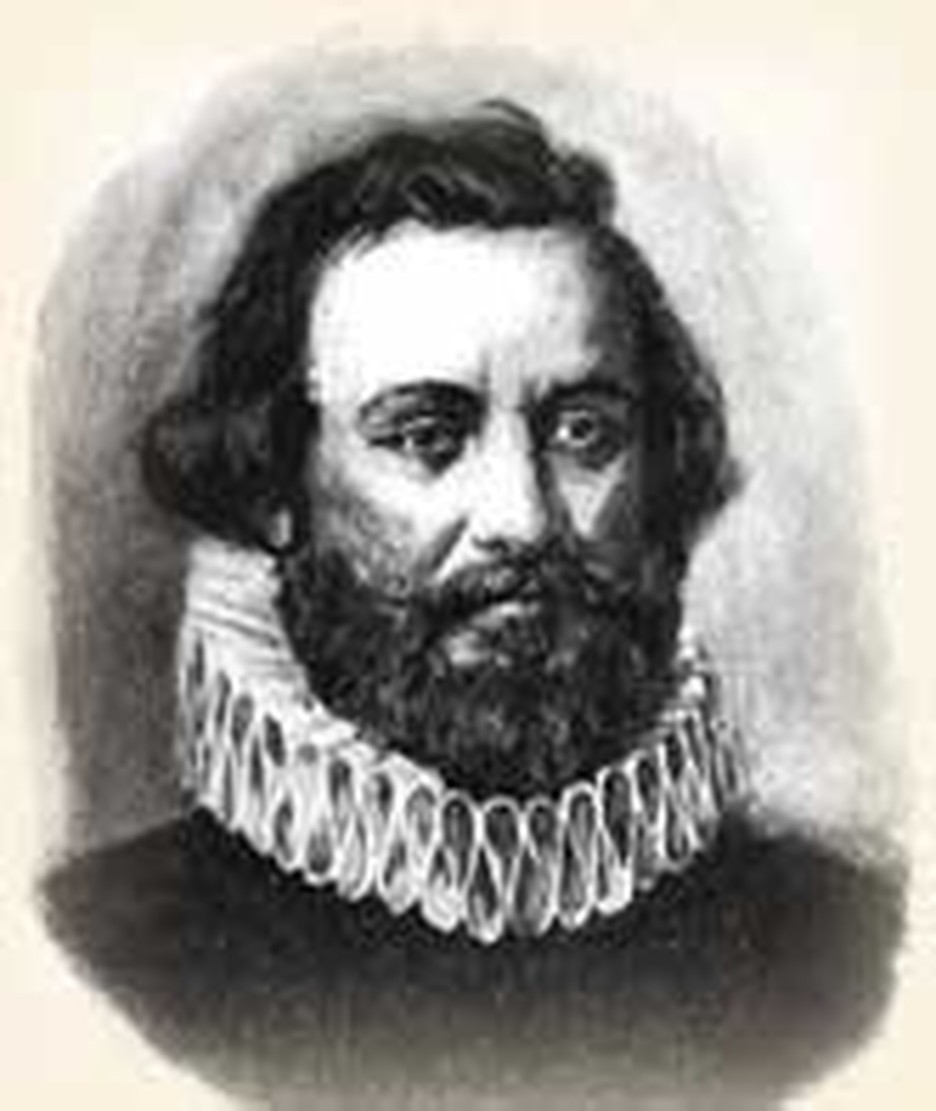
The Pilgrims at Plymouth colony were afraid. An Indian had just reported a white sail off Cape Cod. Was this a French raider from Canada? Miles Standish armed the men and they prepared to meet any assault. Great was their relief when the ship turned out to be the Fortune, an English vessel bringing more colonists. While many of the newcomers were not Pilgrims, one of the men who disembarked from the boat had been a leader in Leyden, the Dutch city where the Puritans previously lived in exile. This was the deacon, Robert Cushman.
Robert had come to straighten out affairs in the colony. The men who had put up the money to finance the settlement were angry that the ship Mayflower had been kept so long by the Pilgrims--and then sent home empty. The colonists might well have loaded it with timber at least! The company wanted a return on their investments. And they wanted some amended articles signed, too.
At Plymouth, settlers were sick of the company policy of share-and-share-alike. Some demanded that the land be parceled as in private chunks. Robert warned them strongly against this kind of talk, and said their backers were in no mood to be trifled with. If the colonists hoped for future supplies, they must agree to company terms.
Oddly enough for such a religious group, there was no ordained minister among their number. Robert Cushman, a deacon, was the nearest thing. To settle the jealousies and animosities among the settlers, he preached a sermon on this day, December 9, 1621. This was the first recorded sermon on American soil and the first printed there.
It was titled, "A Sermon Preached at Plimmoth in New England, December 9, 1621 in an Assemblie of his Majesties faithful Subjects, there inhabiting. Wherein is shewed the danger of selfe love, and the sweetnesse of true Friendship. Together with a Preface, shewing the state of the Country, and Condition of the Savages."
Robert quoted Paul's words to the quarreling Corinthians as an example for the disgruntled settlers. Let no man seek his own, but every man another's wealth (1 Corinthians 10:24). "The occasion of these words of the Apostle Paul, was because of the abuses which were in the Church of Corinth. Which abuses arose chiefly through swelling pride, self-love and conceitedness.."
"...it is lawful sometimes for men to gather wealth, and grow rich, even as there was a time for Joseph to store up corn, but a godly and sincere Christian will see when this time is, and will not hoard up when he seeth others of his brethren and associates to want, but then is a time, if he have anything to fetch out and disperse it.."
"...you must seek still the wealth of one another.." he reminded them and pointed out that it was in their self interest to do so, for, "Even as we deal with others, ourselves and others shall be dealt withal.. for it is the merciful that shall obtain mercy.."
The settlers listened to Robert. Not only did they sign the despised articles, but they filled the Fortune with wood and furs. Robert sailed for England. Unfortunately, the ship was seized by French privateers, who stripped it of everything of value. Robert was freed, but the colony would not pay for itself for a while yet.
Bibliography:
- Cushman, Robert. "The Sin and Danger of Self Love." Mayflower Web Pages. https://members.aol.com/calebj/sermon.html
- Heinsohn, Robert Jennings. "Robert Cushman, the Man who would have signed the Compact but couldn't." https://www.sail1620.org/history/articles/ cushman.html.
- Willison, George F. Saints and Strangers. New York: Ballantine, 1965.
- Wilson, Woodrow. History of the American People. New York: Harper and Bro., 1902. Source of the image.
Last updated June, 2007.



